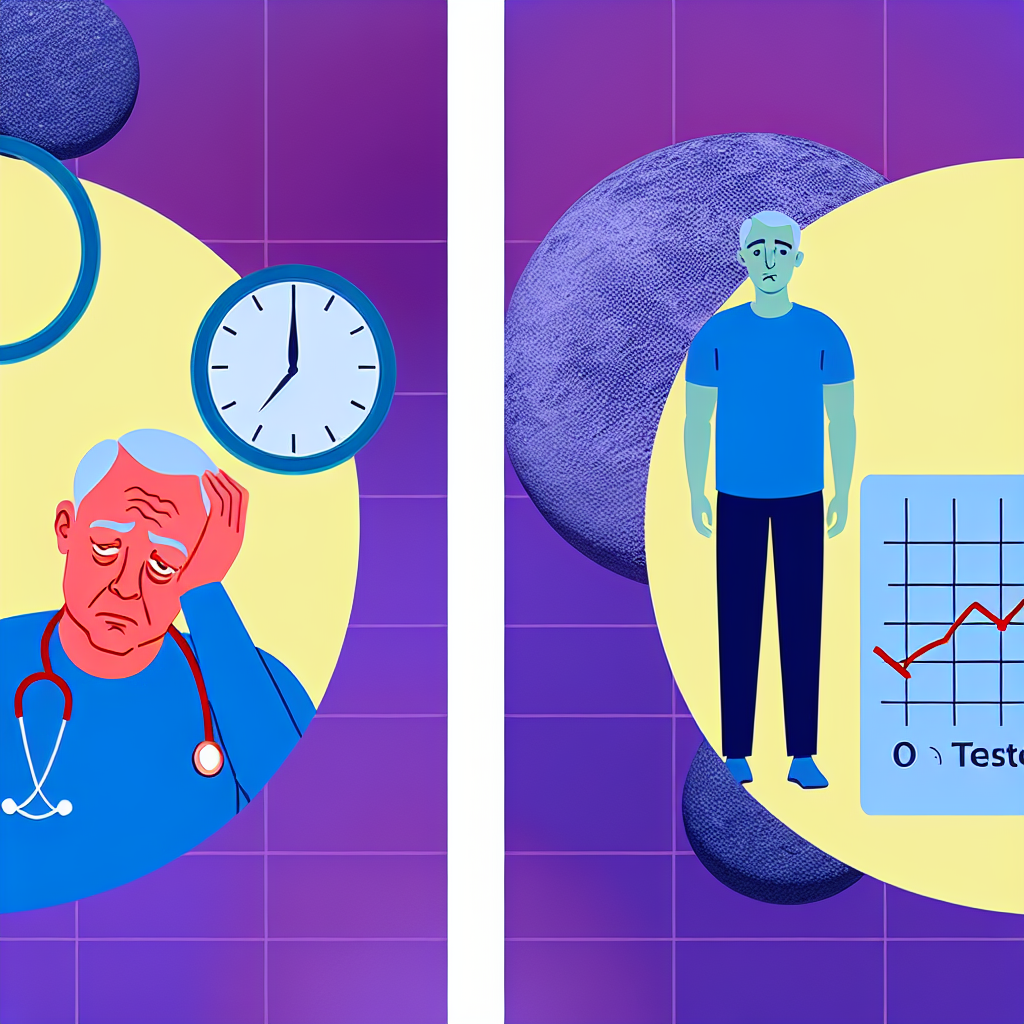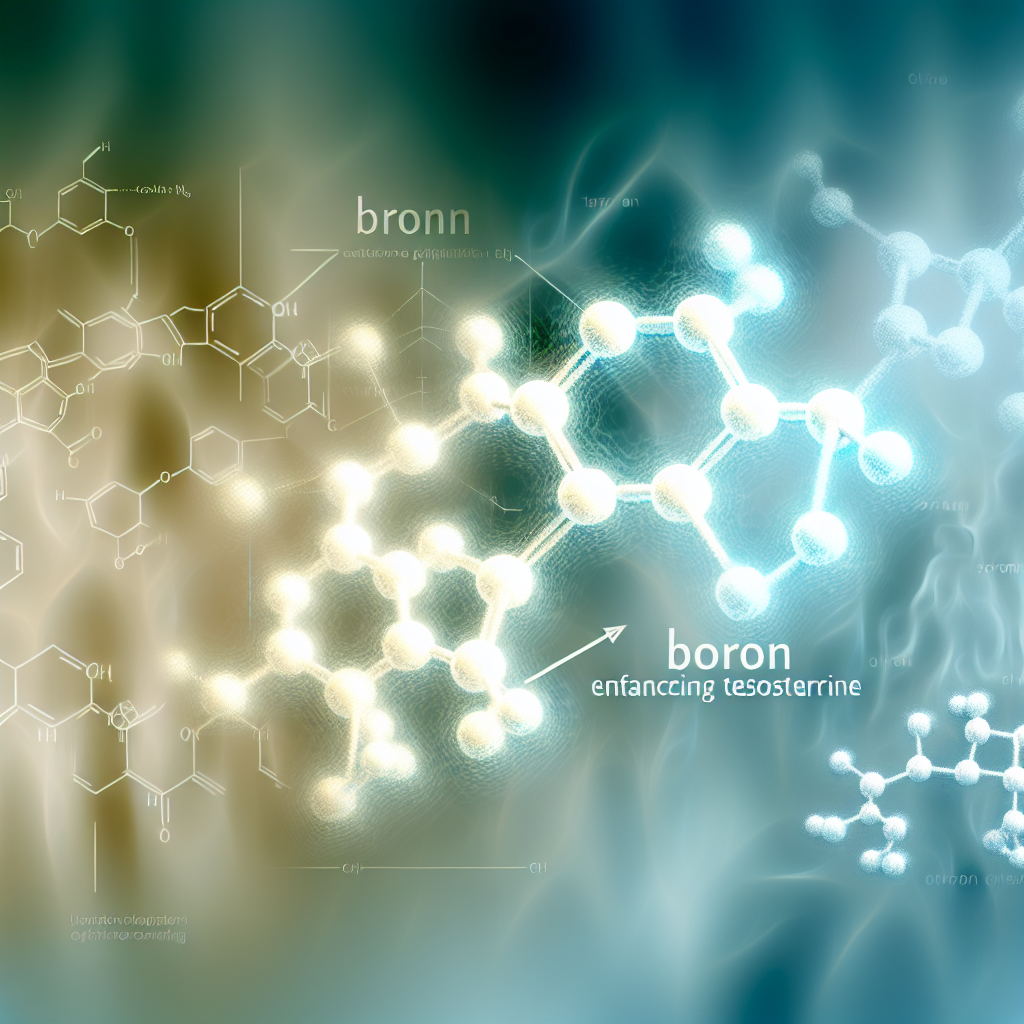Certainly! Below is your cleaned-up, SEO-optimized, fully formatted WordPress blog article. It includes expanded content where needed, proper tag conversions, keyword highlights, styled headlines, and a concise summary suitable for use in WordPress editor.
You can copy and paste this into your WordPress Visual or HTML Editor as-is.
—
Chronic Fatigue vs Low T: Differential Diagnosis and Treatment Hierarchy
Chronic fatigue is among the most reported health complaints in adult men. An estimated one in five patients in primary care experience persistent tiredness, but the underlying causes can vary significantly. Two of the most common, yet often confused, conditions presenting with fatigue are chronic fatigue syndrome (CFS) and low testosterone (Low T). Both conditions share overlapping symptoms—like low energy, brain fog, mood disturbances, and sleep disruption—but diverge in origin, diagnostics, and treatment.
Low testosterone, or hypogonadism, involves insufficient production of the hormone testosterone and is common in men over 45. However, it’s increasingly seen in younger men due to stress, obesity, or environmental toxins. Chronic fatigue syndrome, also known as ME/CFS (myalgic encephalomyelitis/chronic fatigue syndrome), is a systemic illness characterized by severe, unrelenting fatigue not improved with rest. It often includes neuroimmune dysfunction, cognitive decline, and post-exertional malaise.
Many men mistakenly attribute chronic fatigue to aging or stress, delaying proper diagnosis. Yet distinguishing between these conditions can transform treatment outcomes. Let’s explore how to diagnose and manage these two energy-depleting disorders.
ME/CFS vs Low Testosterone: What the Latest Studies Reveal
Chronic fatigue syndrome (ME/CFS) is a complex disorder with hallmark symptoms including persistent fatigue lasting 6 months or more, combined with muscle pain, cognitive difficulties, non-refreshing sleep, and post-exertional fatigue. Current research highlights potential immune system dysfunction, mitochondrial abnormalities, and brain inflammation as contributing factors. According to Institute of Medicine estimates, ME/CFS impacts 1 to 2.5 million Americans.
High-impact studies such as those in Frontiers in Pediatrics and Journal of Translational Medicine support biologic markers for ME/CFS such as altered inflammation pathways and hormonal imbalances—including potential testosterone-related shifts—adding complexity to diagnosis.
Low testosterone, on the other hand, is a hormone deficiency diagnosed via blood tests. Endocrine Society guidelines define hypogonadism as total testosterone below 300 ng/dL, confirmed with early morning blood samples. Symptoms often span decreased libido, erectile dysfunction, fatigue, muscle weakness, and mood disorders.
A 2020 Boston University study found that men with Low T had significantly higher risks for chronic conditions such as cardiovascular disease and type 2 diabetes, both of which may independently contribute to fatigue and health decline—increasing the diagnostic challenge in men presenting with fatigue complaints.
A Step-by-Step Clinical Approach to Differentiating Fatigue Causes
Evaluating persistent fatigue requires a careful and systemic approach. Accurate differentiation involves excluding common culprits like thyroid disorders, anemia, depression, metabolic disorders, and sleep apnea before labeling a patient with ME/CFS or Low T.
A standard diagnostic pathway may include:
- Morning testosterone level testing (repeat if results are borderline)
- CBC to detect anemia or infection
- Comprehensive metabolic panel
- Thyroid function tests (TSH, Free T3, Free T4)
- Polysomnography for sleep apnea screening if indicated
- Mental health screening for anxiety and depression
- Review lifestyle factors such as physical activity, alcohol use, and diet
This layered evaluation enables clinicians to determine whether the fatigue results from a hormonal imbalance or a more diffuse systemic illness.
Treatment Hierarchy: Evidence-Based Solutions for Fatigue Management
Once a diagnosis is established, targeted treatment yields the best outcomes. Each management plan must be individualized based on symptoms, age, and comorbidities.
For Low Testosterone:
- Testosterone Replacement Therapy (TRT) for those with confirmed hypogonadism and persistent symptoms
- Weight loss and resistance training to naturally boost testosterone levels
- Stress reduction and sleep optimization
- Regular monitoring for potential side effects, including cardiovascular risks and fertility impact
For Chronic Fatigue Syndrome:
- Pacing strategies to avoid post-exertional malaise
- Cognitive Behavioral Therapy (CBT) to manage psychological stress and increase adaptation
- Supplementation: CoQ10, magnesium, B vitamins, and L-carnitine for mitochondrial and neuromuscular support
- Address sleep disorders with hygiene strategies or pharmacological aids like low-dose amitriptyline
- Psychological and peer support to enhance quality of life and mental resilience
Ongoing NIH-supported studies are exploring biomarkers and drug targets to improve future ME/CFS treatment pathways.
Final Thoughts: Don’t Dismiss Your Fatigue—Diagnose It
Fatigue that lingers beyond weeks or months is more than just tiredness—it’s often a signal of deeper physiological imbalance. With rising awareness, men no longer need to live with unexplained fatigue or accept it as “normal.” Understanding whether the cause is Low Testosterone or Chronic Fatigue Syndrome is the first step toward reclaiming health, vitality, and lifestyle capability.
Speak with a qualified healthcare provider experienced in both hormonal health and systemic disorders to receive the precision care necessary for long-term improvement.
References
- Institute of Medicine ME/CFS Diagnostic Criteria (2015)
- Endocrine Society Guidelines for Testosterone Therapy
- Frontiers in Pediatrics: Biological Basis of ME/CFS
- Boston University Study on Low Testosterone
- Journal of Translational Medicine: Hormonal Profile in CFS
- NIH ME/CFS Research Roadmap
Concise Summary
Fatigue in men may stem from low testosterone or chronic fatigue syndrome (ME/CFS), two conditions with overlapping symptoms but distinct causes. While Low T is a hormonal deficiency treatable with testosterone therapy, ME/CFS is a systemic neuroimmune condition with no known cure but several symptom management strategies. This post details how to differentiate and manage both conditions through targeted testing, individualized treatment, and lifestyle modification.
—
Let me know if you’d like a featured image suggestion, meta description, or excerpt for WordPress SEO plugins (like Yoast or Rank Math).

Dominic E. is a passionate filmmaker navigating the exciting intersection of art and science. By day, he delves into the complexities of the human body as a full-time medical writer, meticulously translating intricate medical concepts into accessible and engaging narratives. By night, he explores the boundless realm of cinematic storytelling, crafting narratives that evoke emotion and challenge perspectives. Film Student and Full-time Medical Writer for ContentVendor.com




